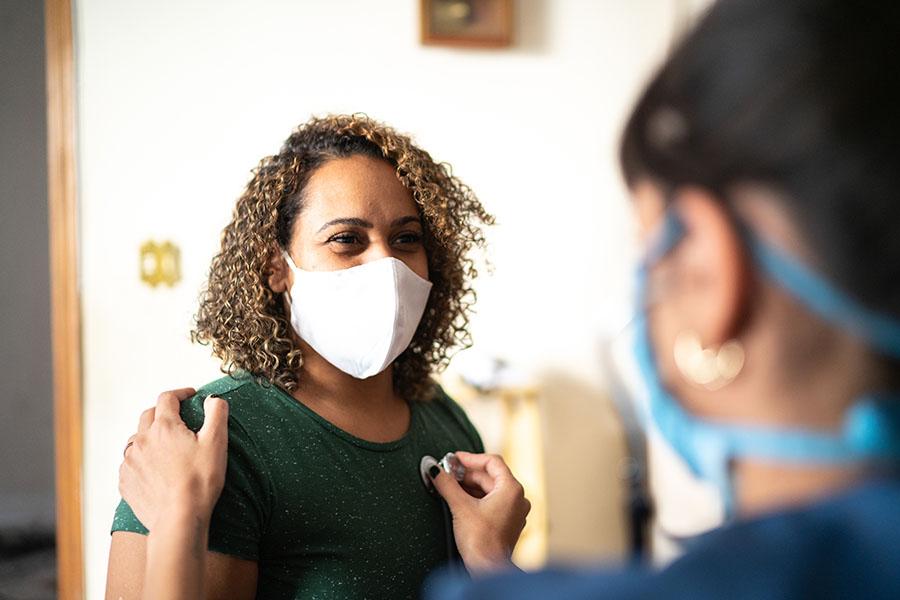Cancer chemotherapy is defined as drugs that are used to treat cancer. These drugs can be provided orally (by mouth), subcutaneously (under the skin) or intravenously (inject into the bloodstream) to attack and destroy cancer cells. There are many reasons to use chemotherapy for cancer treatment, including:
- Adjuvant therapy: Chemotherapy that is used after surgery or another treatment to eliminate the remaining microscopic disease and improve the likelihood of the cancer to be cured. In some instances, chemotherapy may be given to a patient before surgery (“neoadjuvant chemotherapy”) for the same purpose or to make the cancer more receptive to surgery.
- Curative therapy: In some cases, chemotherapy is the only treatment needed to remove cancer from a person’s body.
- “Palliative” therapy: Chemotherapy may be used to extend life and improve the quality of life, but may not be curative.
- Chemoradiotherapy: Chemotherapy is given at the same time as radiation to strengthen the destruction of cancer cells.
- Chemoimmunotherapy: Chemotherapy is combined with immunotherapy.
Just as there are multiple uses for it, chemotherapy can also be offered in various ways. These include:
- Area-specific: In some localized cancers, chemotherapy can be targeted to only affect the diseased area.
- Subcutaneous injection: Medication is injected with a needle in the same way a shot or vaccine is administered.
- Intravenously: Chemotherapy chemicals are injected into the bloodstream through an IV. This is the most common method.
- Orally: Certain chemotherapy drugs are available via pill or capsule.
- Topically: Skin cancer can sometimes be treated with a topical cream that contains chemotherapy medications.
Ready for an Appointment?
Find a doctor near you, request an appointment, or call 800-TEMPLE-MED (800-836-7536) today.



